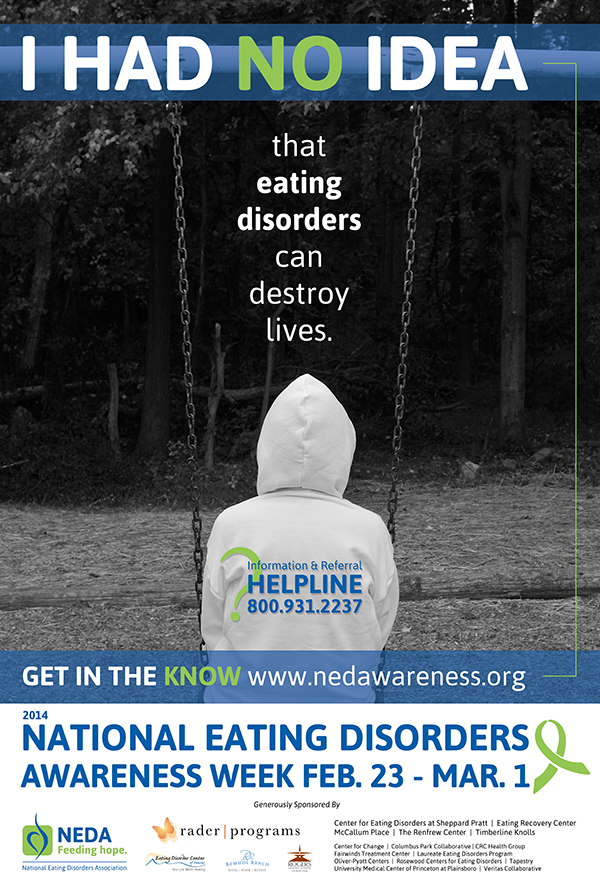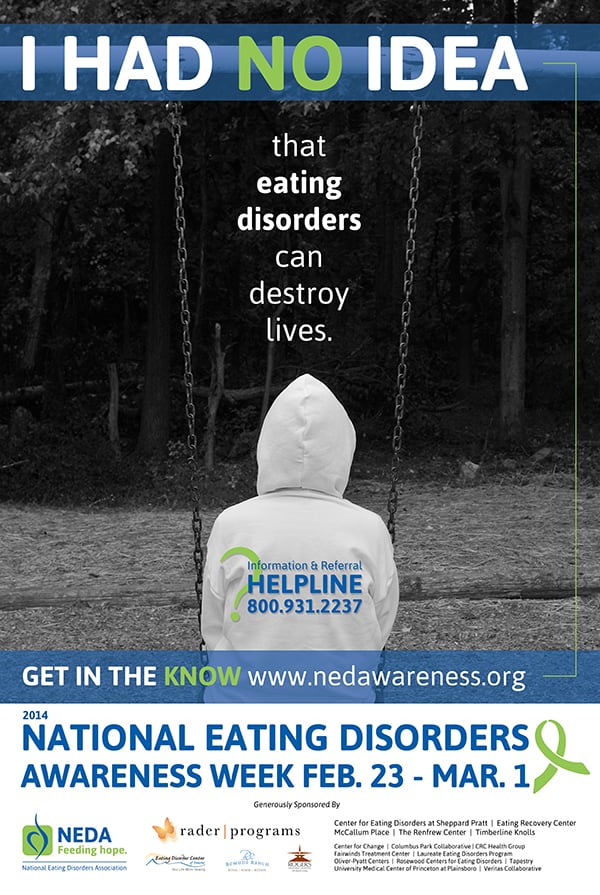To the general public, psychotherapy is often seen as a mysterious treatment process — a type of therapeutic “mumbo jumbo.” Understanding the true nature and benefits of psychotherapy can help individuals who might benefit most to consider this valuable clinical treatment option.
Millions of Americans of all ages and walks of life have undergone psychotherapy and learned ways to better cope with life’s problems or with mental illness.
The Nature of Psychotherapy
Often referred to as “talk therapy,” psychotherapy is a type of treatment that relies on the patient and therapist talking together about the patient’s problems and concerns. During the course of psychotherapy, individuals learn more about their problems, as well as their thoughts, feelings, and behaviors.
Psychotherapy can be used with a wide variety of behavioral health problems, from depression to phobias, addictions, and serious mental illnesses such as bi-polar disorder. Whether issues are acute or chronic, psychotherapy is frequently a primary component of an individual’s treatment program.
A major element of psychotherapy is the therapeutic relationship that develops between the patient and the therapist. Trained, licensed professionals can create a safe and non-judgmental climate for helping individuals confront and deal with their innermost problems. Trust and respect are critical for effective psychotherapy to take place.
In addition to individual therapy, patients can receive psychotherapy in group or family settings.
The Benefits of Psychotherapy
One of the major values of undergoing psychotherapy is the development of increased understanding of one’s problems and improved self-awareness. Patients may be better able to manage their emotional problems, for example, if depression or anxiety is de-mystified for them. Understanding the underlying motivations for dysfunctional thoughts, feelings, and behaviors can be very beneficial.
However, research indicates that gaining insight alone is not the most effective strategy for improved mental health. Contemporary forms of psychotherapy also place an emphasis on helping patients learn new skills for coping with problems or managing their mental illness. The primary benefit of psychotherapy may be in showing individuals how they can learn to take control of their own lives.
The methods and focus of psychotherapy may vary depending upon the nature and cause of an individual’s presenting problems. An individual who has developed a mental illness due to a genetic predisposition, for example, might benefit from different strategies than an individual who has recently undergone a traumatic experience.
For individuals seeking assistance, a mental health professional will first perform an evaluation to assess the problem or disorder and determine the best course of action. A treatment plan will then be developed to establish goals and therapeutic strategies, and the type, frequency, and duration of psychotherapy will be determined. Psychotherapy may also be used in combination with medication or other treatment modalities.
Patients can develop a sense of peace in their lives by reaching the goals set in psychotherapy. Through better insight, perspective, and coping abilities, individuals can achieve greater hope for the future.

